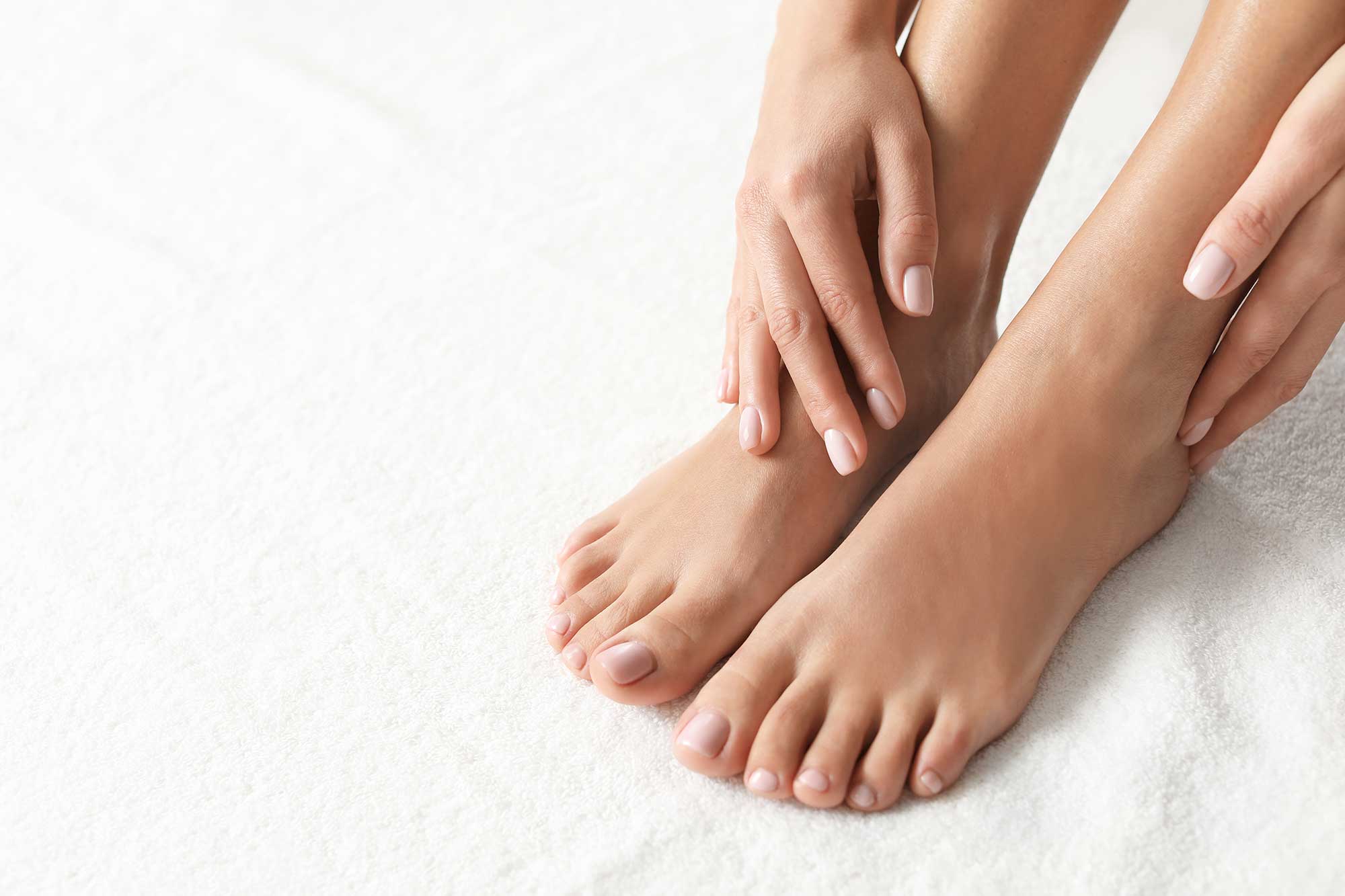Your eyesight and the health of your eyes is just as important as your physical health. As you get older, your eyes can start to degenerate. The CDC found estimates about 12 million people who are 40 years old or older have some type of vision impairment. This can especially be exacerbated if you have certain health problems. Either way, there are things you can do to improve the health of your eyes without needing glasses.
Just as you give your body what it needs like exercise, a healthy diet and get a good night’s rest, you can do the same thing to enhance and protect your eyes. Here are some expert tips that go beyond getting your regular eye checkups to improve the health of your eyes.
Wear Protective Eyewear
Protective eyewear includes anything from safety glasses, goggles, face masks, face shields, visors and helmets. No matter what you are doing, you should always keep in mind that eye injuries can happen even.
You want to make sure that you are protecting yourself because accidents happen. You could be doing some chores around the house, fixing up the car, playing frisbee with your friends at the park or working with certain types of equipment or hazardous environments. Another thing to note is normal eyeglasses do not always equate protection from hazardous accidents. Your glasses can also become damaged and shatter, putting your eyes at huge risks.
Remember To Bring Your Sunnies
Sunglasses can do more than liven up your outfit. They also shield your eyes from harmful ultraviolet rays, decreasing your chances of getting cataracts, eye cancers and other growths on the eyes. If you do not own a pair of sunglasses, or you are in the market for a better pair, be sure to pick a pair that has ample UV protection.
Most people believe if it is a cloudy day, winter day there is not a need for sunglasses but that is simply not true as UV rays can still pass through clouds year-round. Farmers, fishers, surfers, skiers and people who spend tons of time outside or in the midday sun are particularly susceptible to UV light rays and its damages.
Get Your Vitamins…
Getting your daily vitamins is an important way to improve and protect your eyes. Vitamins A, C and E, as well as the mineral zinc all, work together to slow down macular degeneration. Eating carrots, red peppers, broccoli, spinach, strawberries, sweet potatoes and citrus fruits are great sources of these crucial vitamins and minerals. You should also eat plenty of foods that are chock full of omega-3 fatty acids like salmon, flaxseed, almonds and hazelnuts to name a few. Studies have found that some omega-3 fatty acids play a big role in eye health.
And Your Carotenoids
Carotenoids can be found in your retina and the consumption of them can help to limit oxidative damage. They can also be found in leafy greens, broccoli, zucchini and eggs. Among the many carotenoids are lutein and zeaxanthin which can both be taken by supplements. Carotenoids are important because they can help protect your macula by intensifying pigment density in that part of your eye and by also absorbing UV and blue light.
Exercise
Exercising is good for all parts of your body. It can also prevent you from Type 2 diabetes, which can put your eye health in jeopardy. Type 2 diabetes can cause diabetic retinopathy, a condition that causes the very tiny arteries in your retina to leak blood and other fluids into your eye. This can harm your vision beyond repair. Sudden changes in blood sugar levels can cause blurry vision that only fixes itself when blood sugar levels become steady. People who have poor blood sugar control are some of the most likely people to develop this complication.
Keeping track of your blood sugar levels and exercising is one of the many ways to decrease your chances of developing Type 2 diabetes and other complications that can be detrimental to your vision.
Manage Your Chronic Conditions
There are other chronic conditions besides diabetes that can have an impact on your eye health. These conditions can include high blood pressure, heart disease, high blood cholesterol, cancer, kidney disease, stroke, arthritis, hepatitis, asthma, depression, chronic obstructive pulmonary disease and hearing impairment.
Illnesses like high blood pressure as well as multiple sclerosis are linked to chronic inflammation. Inflammation is a ticking timebomb. Take for example the inflammation of an optic nerve. This can cause pain and sometimes total vision loss. Make sure that you are doing all you can to manage your chronic conditions like sticking to a healthy diet, consistently taking your medications and exercising.
Take A Break From Screens
Remember the 20-20-20 rule. This rule helps you break the time between you and your screens. Every 20 minutes take a break from your screen and instead look at something around 20 feet away for 20 seconds. For people who spend a lot of time on their phones, tablets or computers this exercise can help you reduce eyestrain.
Quit Smoking
It can be tough to quit an addiction, but science has proven that smoking is terrible for your health and is commonly linked between a lot of chronic conditions, including those that are related to your eye health. It is linked to a number of age-related macular degeneration like cataracts, uveitis and even diabetic retinopathy. Even the smoke can be drying to the eye.
Practice Good Eye Hygiene
Excellent hygiene is imperative to protecting your eyes from all kinds of infections. Make sure you wash your hands thoroughly before touching your eyes or handling your contacts. When it comes to disinfecting and replacing, it is best to follow the directions of your doctor or the manufacturer’s instructions. If you have dailies, get a new pair every day. Same thing applies to monthlies and weeklies. Get a new pair and throw them out every month and every week respectively. You do not want to give yourself an infection by the germs you accumulate throughout the day and over time. Do not sleep with your makeup on. That is an all-around harmful way to increase your chances of eye infections and acne. Take off your eye makeup and throw away any eye makeup that may have been open for more than three months. In the event that you get an eye infection throw away and replace all your open makeup products and tools.
Understand Your Family History
Do eye diseases run in your family? This is important information to know as it can help you take precautions to decrease your chances of inheriting those diseases and conditions. Age-related macular degeneration, cataracts, glaucoma, optic neuropathies and myopia are some common eye conditions that are genetic. Have a discussion with your family members at your family history. To make things easier, you should always include your healthcare professional and eye doctor.
Regular Eye Exams
There is no way around improving your eyesight and protecting it without getting regular eye exams. The National Eye Institute supports having a comprehensive dilated eye exam is the only way for you to fully protect the health of your eyes. These exams give the eye care professional the ability to use special drops that widen the person’s pupils. This allows your eye care professional to see the back of your eye and keep a lookout for problems or potential problems. Do some research and visit website of the doctors you find.












